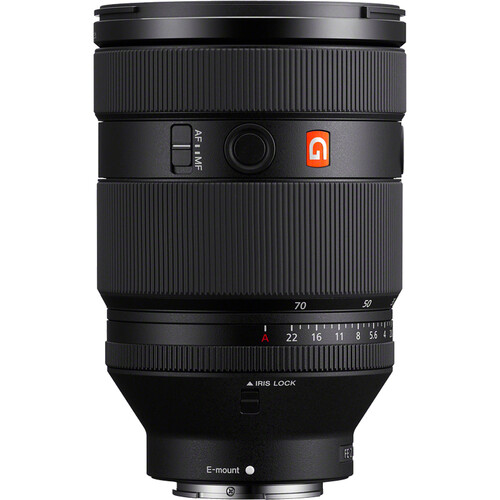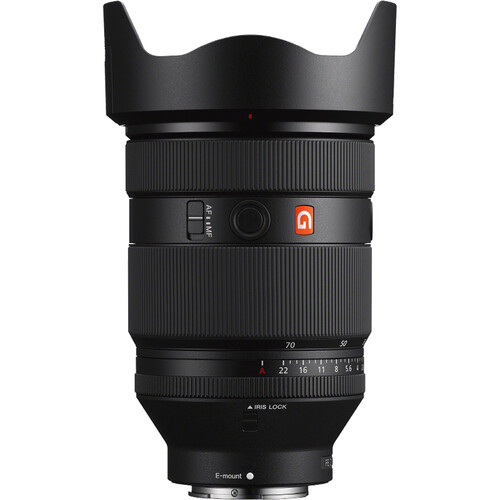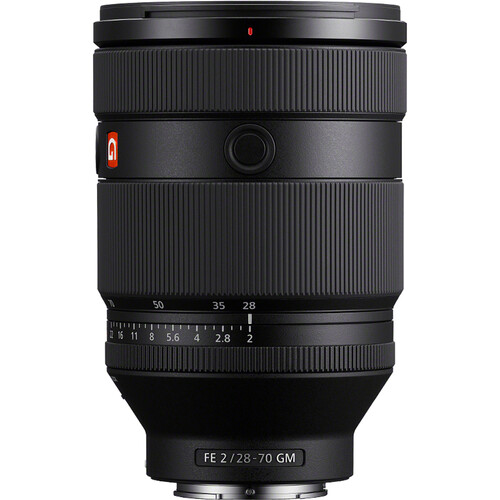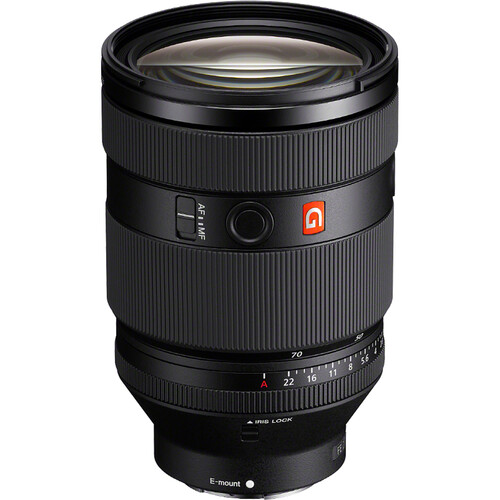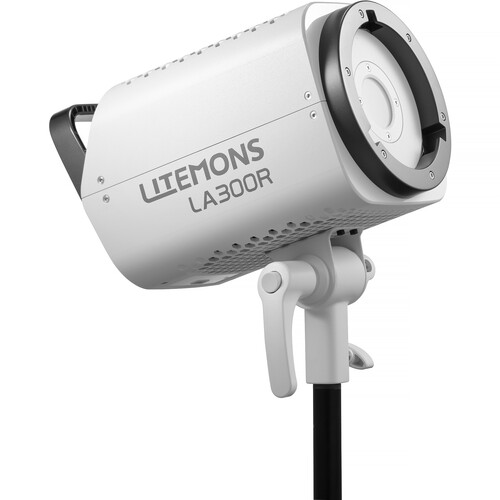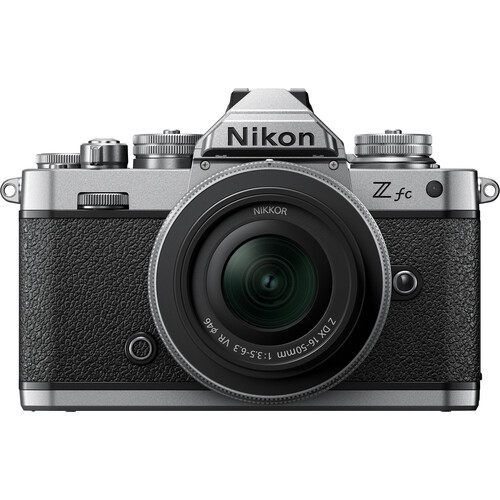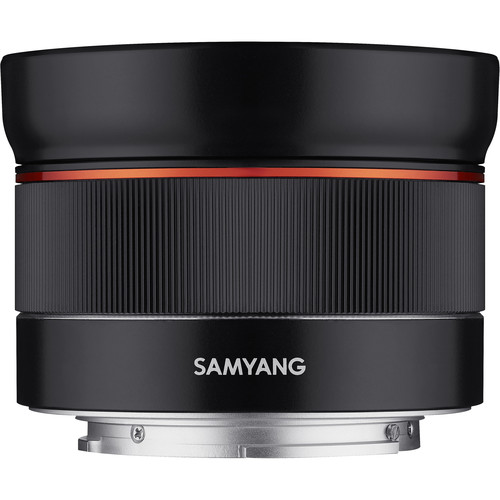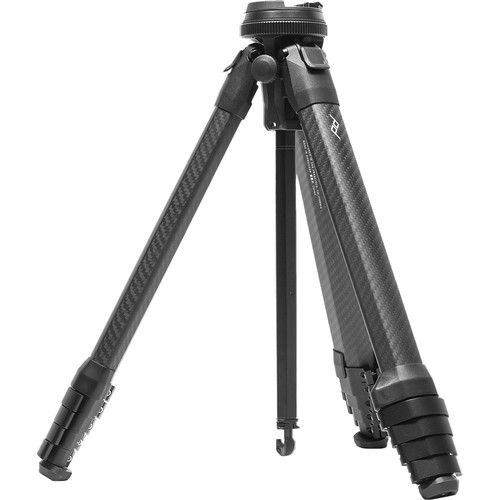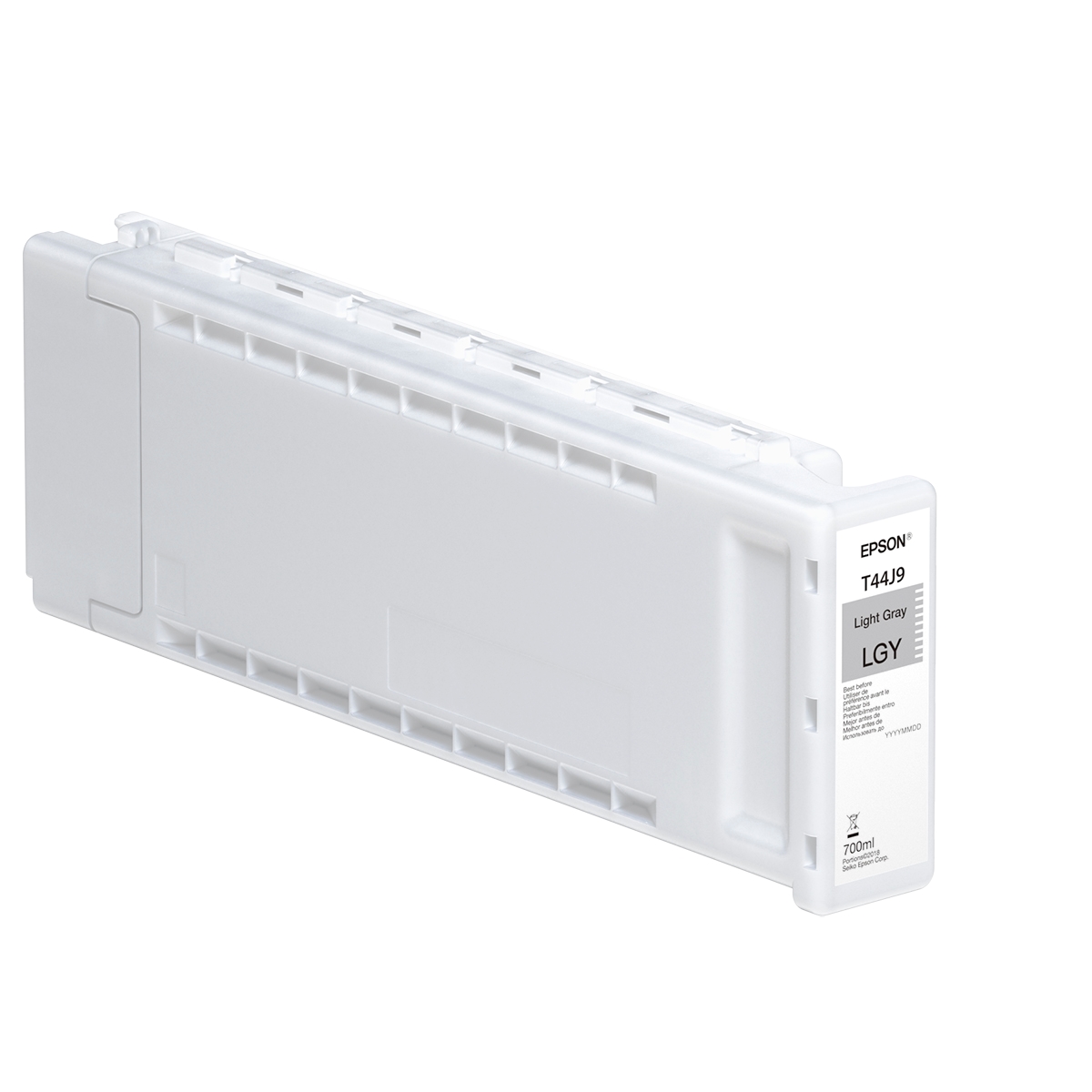A Speedier Standard Zoom
A high-performance all-arounder, the Sony FE 28-70mm f/2 GM is a faster standard zoom compared to conventional f/2.8 options. This lens is Sony's first GM zoom with a constant f/2 maximum aperture and spans a useful wide-angle to portrait-length range—it is a lens for photographers looking to replace a set of primes with a single zoom without sacrificing on speed. It covers some of the most frequently used focal lengths, offers impressively fast AF, and is a single, well-balanced option for photography and filmmaking needs.
G Master Performance
Sony's G Master designation is reserved for its highest performing optics, those that offer the greatest sharpness, smoothest bokeh, utmost speed, and best overall performance. This 28-70mm f/2 checks all of these boxes as it sets out to be a single lens replacement for several primes.
- Constant f/2 maximum aperture is a full stop faster than an f/2.8 lens, helping this zoom to further excel in low-light conditions and offering even greater control over depth of field and subject-background separation.
- XA, Super ED, aspherical, and ED elements yield high sharpness and smooth rendering that suits subjects ranging from architecture and landscape to portraiture and weddings.
- Nano AR Coating II suppress flare for rich contrast and bright colors in a variety of lighting conditions.
- Floating focus design maintains high image quality throughout the focusing range, resulting in matched sharpness from infinity to the 1.2' minimum focusing distance.
- Rounded 11-blade diaphragm results in smooth, circular bokeh quality.
Designed for Hybrid Shooters
As a lens equally suited for photography and filmmaking purposes, the 28-70mm f/2 GM has a number of useful features in its design to benefit its hybrid use:
- Four XD (extreme dynamic) linear motors generate fast and responsive AF performance that's equally quiet and smooth. The focusing system is compatible with continuous shooting speeds up to 120 fps or high-speed video recording at up to 240 fps.
- Internal focusing design promotes quicker focusing speeds and maintains the lens length during use.
- Short-throw zoom design means the lens only extends 0.7" when changing from 28mm to 70mm positions, meaning, despite the lens not being a true internal zoom, you still do not need to adjust gimbal settings when changing the zoom position.
- Focus breathing has been greatly reduced optically and the lens supports the Breathing Compensation function in select cameras to effectively eliminate angle of view shifts while changing the zoom position.
- Manual aperture ring can be de-clicked for smooth, silent switching and the zoom smoothness can also be adjusted to be smooth or tight for more precise handling.
- The lens weighs 2 lb, however much of this weight is placed at the rear of the barrel for a more balanced design that still promotes comfortable handheld use.
Portable and Nimble Design
Despite its huge maximum aperture and versatile range, this 28-70mm f/2 still manages a portable, relatively lightweight design that's suitable for handheld shooting and everyday use.
- Measuring 5.5" long and weighing 2 lb, this lens is 28% larger and 24% heavier than the 24-70mm f/2.8 GM II while managing to be twice as bright.
- Manual aperture ring offers tactile exposure control and the ring can be de-clicked for smooth and silent iris pulls or it can be locked in the 'A' position for camera-based aperture switching.
- Two programmable focus hold buttons and a focus mode switch for intuitive focus control.
- Zoom smoothness switch for changing between Smooth and Tight zoom ring torque.
- Hybrid construction uses both metal and plastic components to maximize both durability and a low weight design.
- Dust- and moisture-resistant design includes rubber gaskets at each seam and a rubber ring sealing the lens mount for ensured use when working in inclement weather conditions.
- Front lens element has a fluorine coating that repels water, oil, and other contaminants and makes the lens easier to clean.
- Included lens hood features a locking button and a filter window for easier adjustment of rotating filters (e.g. polarizers, variable NDs).






